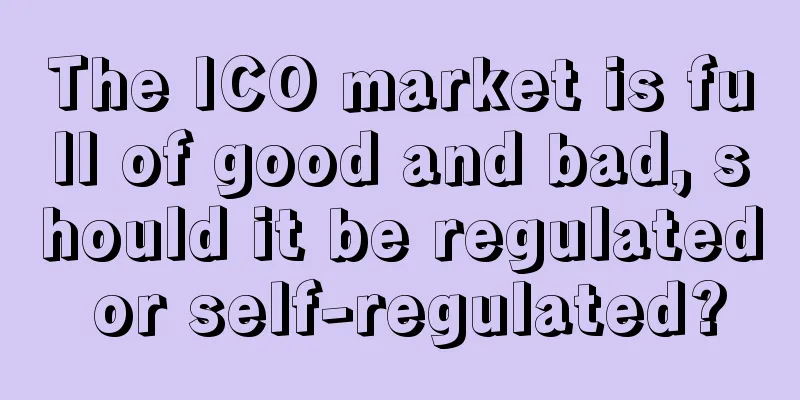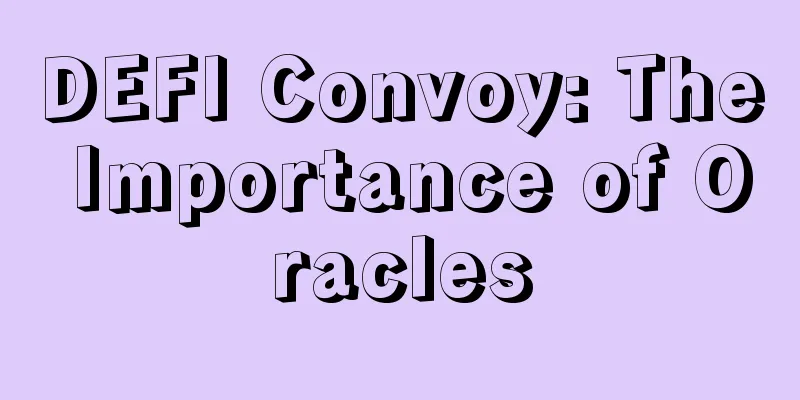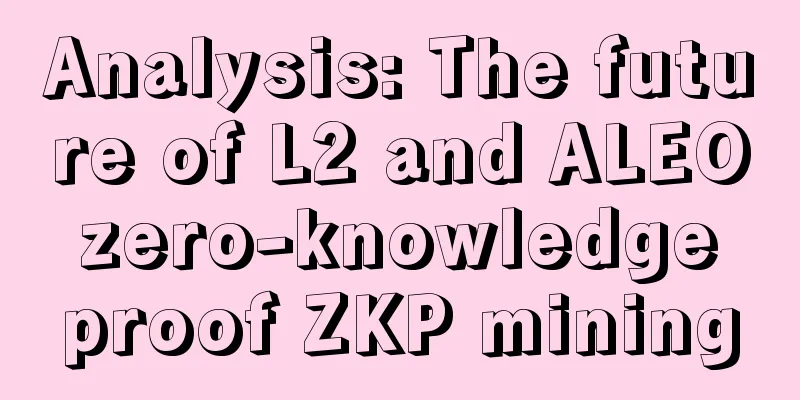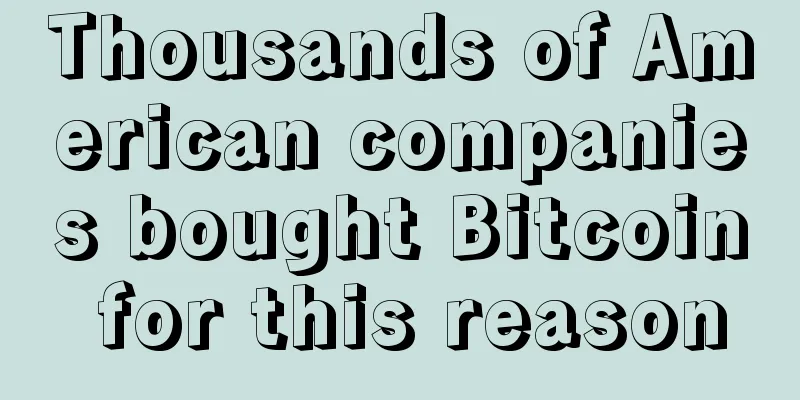The ICO market is full of good and bad, should it be regulated or self-regulated?

|
The ICO (Initial Coin Offering) industry has exploded recently, as startups can raise funds directly from the public without going through the rigorous review of venture capitalists and banks. Although there are some projects that are legitimate ICOs, this new fundraising method has also attracted many scammers. ICOs Are Not Cryptocurrency IPOsICOs are often compared to initial public offerings (IPOs) of stocks. However, there are big differences between the two. The former uses a technical white paper to attract investors, while the latter requires a comprehensive prospectus and registration with regulators. (In the United States, companies seeking IPOs must register with the Securities and Exchange Commission (SEC) and the Financial Industry Regulatory Authority (FINRA)) The entire process of the Securities and Exchange Commission (SEC) reviewing the registration may take up to six months before the filing takes effect. During this period, the company applying for an IPO will have its activities restricted and must report its work to the SEC to ensure compliance. It is these arduous IPO processes that eliminate most scammers and incompetent companies. Some ICOs are outright scamsICOs do not require filing requirements or professional supervision, so project initiators can write anything in their white papers. They often omit (whether intentionally or otherwise) some very important information for investors, making it difficult for investors to judge the rationality of the project. Some individual investors will conduct their own research, but a large number of investors, due to lack of sufficient professional knowledge, often cannot make wise decisions. (Tim Lea, CEO of Veredictum.io)
Since some investors do not have enough knowledge to make an informed decision, they invest blindly, but some project founders take advantage of this situation. Lea said:
ICOs may face regulationCurrently, there are no applicable laws regulating ICOs. However, this may change. A report released by the Outlier Ventures research institute explains the possibility of the SEC regulating the ICO market. In the worst-case scenario, “after scammers use token presales to fleece large amounts of money and generate widespread media coverage, tokens are deemed to be securities and regulated accordingly,” the company wrote. In this scenario, the SEC would regulate the tokens as securities, which would end the ICO market as we know it. However, Outlier Ventures, a research firm, believes that it is more likely that ICOs will continue to operate in a legal gray area. “Ultimately, the industry should improve and produce better white papers and pre-sale documents, as well as better communication. Once standards and expectations are raised, the chances of scammers being successful will be greatly reduced,” the company believes. |
Recommend
Bitcoin Energy Consumption Index-2018-03-13
Bitcoin Energy Consumption Index-2018-03-13 Bitco...
What does it mean for a woman to have a mole on the tip of her nose? What is her fate like?
Most of the bad peach blossoms In physiognomy, if...
Venture capital in the Internet finance sector doubled to $13.8 billion
Baozou Commentary : Data shows that the scale and...
What facial features will cause emotional unhappiness?
What facial features will cause emotional unhappi...
Is it true that men with high cheekbones are unlucky in marriage? How to explain it?
Cheekbones can usually change a person's faci...
What does the island pattern on the fate line mean?
Island pattern is a rare pattern and one of many ...
Men with narrow foreheads, personality and fortune of people with narrow foreheads
If a man has a low and narrow forehead, or has ma...
Teach you how to read the mole position on the face and tell fortunes with illustrations
Mole in eyebrow People with moles in their eyebro...
Physiognomy analysis: What is the fortune of a woman with four white eyes in 2020?
The new year has arrived, and at this time everyo...
How is the marriage of a woman with three white eyes?
As the saying goes, eyes are the windows to the s...
What does a person with a good love look like? These types of women have good marriages
People all hope that their relationships are beau...
What is hindering your career development?
When a person's career is not going well, he ...
Eyebrows can tell a person's relationship with the opposite sex
Eyebrows can tell a person's relationship wit...
Physiognomy analysis: Men and women who like to take the initiative in love
Physiognomy analysis: Men and women who like to t...
3 Key Signs That Bitcoin Is Heading Forward To A Bear Market As Massive Volatility Looms
The most pressing question facing Bitcoin investo...









